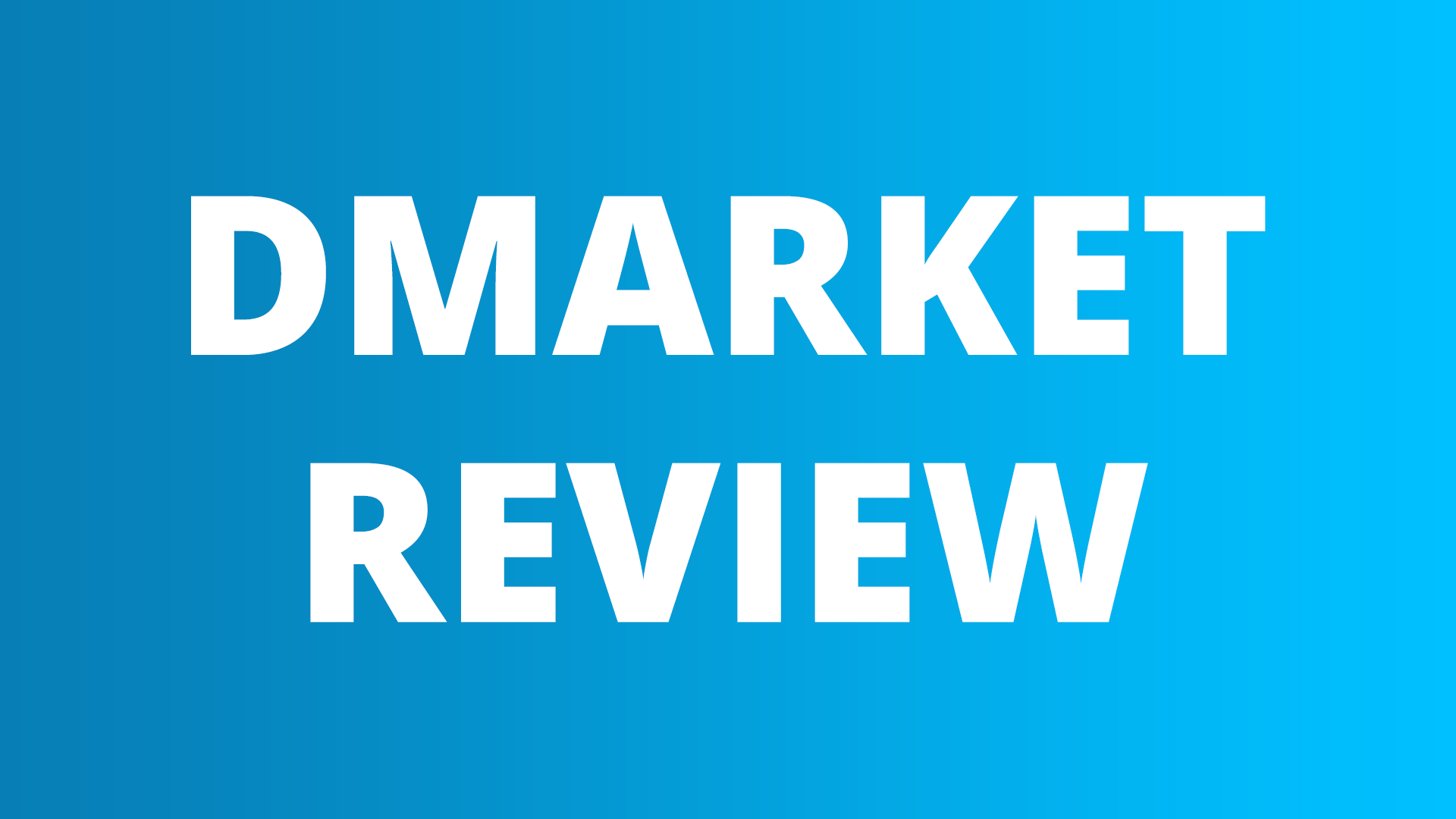In the ever-evolving landscape of the gaming industry, where virtual worlds are becoming more intricate and engaging, DMarket emerges as a groundbreaking platform aiming to bridge the gap between virtual and real-world economies. This review explores the key features, advantages, and potential challenges of DMarket, shedding light on its impact on the gaming community.
Introduction to DMarket:
DMarket, established in 2017, is a decentralized marketplace designed to facilitate the exchange of virtual goods across various gaming platforms. The platform utilizes blockchain technology, specifically smart contracts, to enable secure and transparent transactions between gamers. Its primary goal is to create a unified marketplace where players can buy, sell, and trade in-game items seamlessly.
Key Features:
1. Decentralized Marketplace:
DMarket’s decentralized nature sets it apart from traditional gaming marketplaces. By leveraging blockchain, DMarket ensures that transactions are secure, transparent, and tamper-proof. The decentralized model eliminates the need for intermediaries, reducing the risk of fraud and ensuring a fair and efficient trading environment.
2. Cross-Platform Compatibility:
One of DMarket’s notable features is its ability to support cross-platform trading. Gamers can buy, sell, and trade virtual items across different gaming ecosystems. This feature not only expands the user base but also fosters a more interconnected gaming community. Whether a player is on PC, console, or mobile, they can participate in the DMarket ecosystem.
3. Tokenization of Virtual Assets:
DMarket employs its native utility token, DMT (DMarket Token), to facilitate transactions on the platform. The tokenization of virtual assets brings a new layer of value and ownership to in-game items. Players can now truly own and transfer their virtual possessions outside the confines of individual games.
4. Smart Contracts for Security:
Smart contracts play a crucial role in ensuring the security and transparency of transactions on DMarket. These self-executing contracts automatically enforce the terms of a trade, reducing the risk of scams or disputes. Additionally, smart contracts contribute to a faster and more reliable transaction process.
Advantages of DMarket:
1. Real Value for Virtual Assets:
DMarket’s approach to tokenization revolutionizes the concept of virtual ownership. In-game items are no longer confined to specific games or platforms; they become assets with real-world value. This introduces a new level of incentive for gamers to invest time and effort in acquiring rare and valuable items.
2. Increased Liquidity:
The decentralized marketplace model promotes liquidity in the gaming economy. Players can easily convert their virtual assets into DMT, which can, in turn, be exchanged for other cryptocurrencies or fiat currencies. This liquidity not only benefits individual gamers but also contributes to the overall stability of the DMarket ecosystem.
3. Cross-Game Trading:
The ability to trade virtual items across different games is a game-changer. Traditionally, in-game items were bound to their respective titles, limiting their utility. With DMarket, players can diversify their virtual portfolios, creating a dynamic and interconnected gaming experience.
4. Fair and Transparent Transactions:
Blockchain technology ensures that every transaction on DMarket is recorded and verifiable. This transparency reduces the likelihood of fraudulent activities and creates a more trustworthy environment for gamers. Additionally, the use of smart contracts minimizes the need for intermediaries, streamlining the entire trading process.
Challenges and Considerations:
1. Integration with Game Developers:
For DMarket to reach its full potential, collaboration with game developers is crucial. Integration with popular gaming titles enhances the variety and availability of virtual assets on the platform. However, convincing game developers to embrace and integrate DMarket may pose a challenge due to concerns about potential impacts on their in-game economies.
2. Regulatory Landscape:
The intersection of virtual and real-world economies brings about regulatory considerations. The decentralized and borderless nature of blockchain technology may pose challenges when it comes to complying with diverse international regulations. Navigating this complex landscape will be essential for the sustained growth of DMarket.
3. Adoption and Awareness:
Despite its innovative features, DMarket’s success hinges on widespread adoption and awareness within the gaming community. Overcoming the inertia of traditional in-game marketplaces and convincing gamers to embrace a decentralized model may take time. Comprehensive marketing strategies and partnerships with influential players in the gaming industry could play a pivotal role in overcoming this challenge.
Conclusion:
DMarket stands at the forefront of transforming the gaming industry by introducing a decentralized marketplace that unlocks the true value of virtual assets. Its innovative use of blockchain technology, cross-platform compatibility, and tokenization of in-game items provide a glimpse into the future of gaming economies. While certain challenges lie ahead, the potential benefits for gamers, including increased liquidity, real value for virtual assets, and cross-game trading, make DMarket a platform worth watching. As the gaming community continues to evolve, DMarket’s role in shaping the intersection of virtual and real-world economies could be a defining chapter in the industry’s history.
Disclosure: The link below in this post is an ‘affiliate link’. This means if you click on the link and make a purchase, I will receive an affiliate commission.
